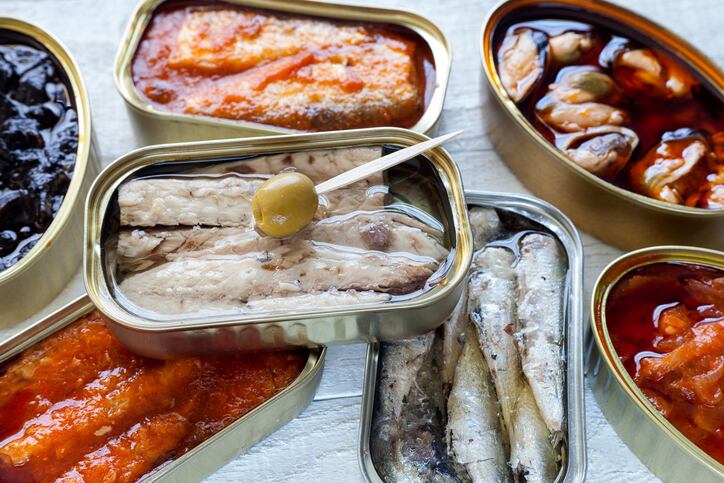Dioxins - a term which refers to two compound groups, polychlorinated dibenzo-p-dioxins (PCDDs) and dibenzofurans (PCDFs) - are unwanted yet unavoidable toxic by-products that are created during certain thermal and industrial processes.
Polychlorinated biphenyls (PCBs) used to be manufactured intentionally for use in a number of industries until a ban in the 1980s.
Although their presence in food and feed has been falling since the 1980s thanks to public efforts, both dioxins and PCBs persist in the environment for years and accumulate at low levels in the food chain, usually by building up in the fatty tissue of animals.
The biggest contributors to dietary exposure in European countries are fish, especially fatty fish, cheese and livestock meat.
A scientific opinion conducted by the European Food Safety Authority (EFSA) and published last week, confirmed they are a health concern and set a new tolerable intake.
EFSA’s expert Panel on Contaminants in the Food Chain (CONTAM) set a new tolerable weekly intake (TWI) for dioxins and dioxin-like PCBs in food of 2 picograms per kilogram of body weight.
A picogram is one trillionth of a gram. This new intake level is seven times lower than the previous level that was set by the Commission’s scientific committee on food back in 2001.
“The main reasons for the decrease were the availability of new epidemiological and experimental animal data on the toxicity of these substances and more refined modelling techniques for predicting levels in the human body over time,” said Dr Ron Hoogenboom of the CONTAM Panel and chair in a statement published on EFSA’s website.
Hoogenboom said the new TWI is protective against effects on semen quality, the adverse health effect seen at the lowest levels of these contaminants in human blood.
According to EFSA, the revised TWI also protects against other health effects associated with dioxins and dioxin-like PCBs in humans, such as a lower sex ratio of sons to daughters, higher levels of thyroid-stimulating hormone in new-borns and developmental enamel defects on teeth.
'Toxicity may be overestimated'
Hoogenboom said: “Average and high exposures were, respectively, up to five and 15 times the new TWI in adolescents, adults and the elderly. Toddlers and other children up to 10 years of age had a similar range of exceedance of the TWI.”
“These exceedances are a health concern, but the toxicity of the most harmful dioxin-like PCB may be overestimated,” said Hoogenboom.
“When calculating the toxicity of substances like these, we use internationally-agreed values known as ‘toxicity equivalency factors’ (TEFs). The Panel would support a review of the TEFs for both dioxins and dioxin-like PCBs in light of new scientific data. If confirmed to be less toxic, this would reduce the concern for consumers.”
The European Commission and member states will now discuss risk management measures following the opinion.
EFSA scientists also said there was a need to develop a consensus methodology for data sharing between individual researchers and public health authorities.

